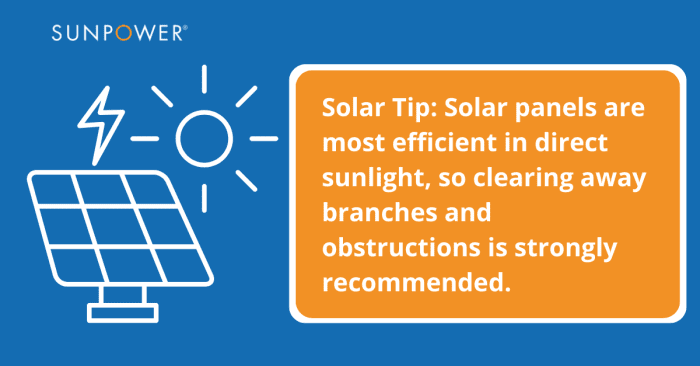
Do Solar Panels Only Work on Sunny Days?
February 20, 2024Going solar means that you’re harnessing the incredible energy of the sun to power your home. With solar panels, you can heat and power your entire house, save on utilities, and live a greener lifestyle. However, as the name suggests, sunlight is necessary for solar panels to work. So you might be wondering if solar panels only work on sunny days and if you’ll be left in the dark.
We’re here to answer your questions and put your concerns to rest so you can go forward with your solar installation plans with confidence.
Do Solar Panels Only Work in Direct Sunlight?
Solar panels work best in direct sunlight, as the photovoltaic cells can convert the most sunlight into electricity that way. However, they wouldn’t be very effective as a power source if they only worked in direct sunlight. In a year, the U.S. gets an average of 205 sunny days. Massachusetts itself averages about 197 sunny days and gets some form of precipitation (rain, snow, etc.) 125 days out of the year.
Because of this, since their invention, solar panel manufacturers have worked to make more efficient cells that can draw power from indirect sunlight. For example, SunPower solar panels are 30% more efficient than conventional solar panels, so they can capture more light and get 30% more energy per square foot, even in indirect sunlight.
What Is Indirect Sunlight?
Indirect sunlight is sunlight that either passes through a medium, such as clouds or the leaves of a tree, or reflects off of another surface before reaching your solar panel. This is opposed to direct sunlight, which is sunlight that passes no obstructions before hitting your solar cells directly.
Indirect sunlight is less effective as a power source when it comes to photovoltaics, but it does still work. This means that even on cloudy days or if you live in an area with a lot of tree coverage, your home will still get electricity. However, while you can’t control the weather, you might want to consider cutting back tree branches. This way you can clear a path for direct sunlight and get more out of your solar panels.

Do Solar Panels Work at Night?
With all this talk about direct and indirect sunlight, you might be wondering about nighttime. Will your solar panels generate electricity at night? Sadly, no solar cell has been able to generate electricity from moonlight or starlight. This means that your solar panels will not work at night.
However, this doesn’t mean that you’ll be without electricity. You can still stay connected to the grid so you can use standard electricity when necessary, like at night or during a rainy period. It’s suggested that you stay connected to the grid regardless so you can take advantage of net metering, where you can sell your excess electricity back to the grid in exchange for monthly credits. These credits can offset the cost of electricity if you do need to tap into the grid, keeping your utility bills low even if you’re not exclusively using solar power.
Another option is to get a solar battery. Most days, especially on sunny days in the summer, your solar panels generate more electricity than your house will actually use. A solar battery safely stores this excess electricity to be used at any time, so your house will still get power at night.
Solar panels aren’t limited to working solely between a nice summer’s day or with the full, concentrated power of the sun. They can work when the sun isn’t fully shining and have advanced to the point where you’ll still have power at night. So don’t worry about your panels only working on sunny days. You’re covered, even when there’s cloud coverage.


